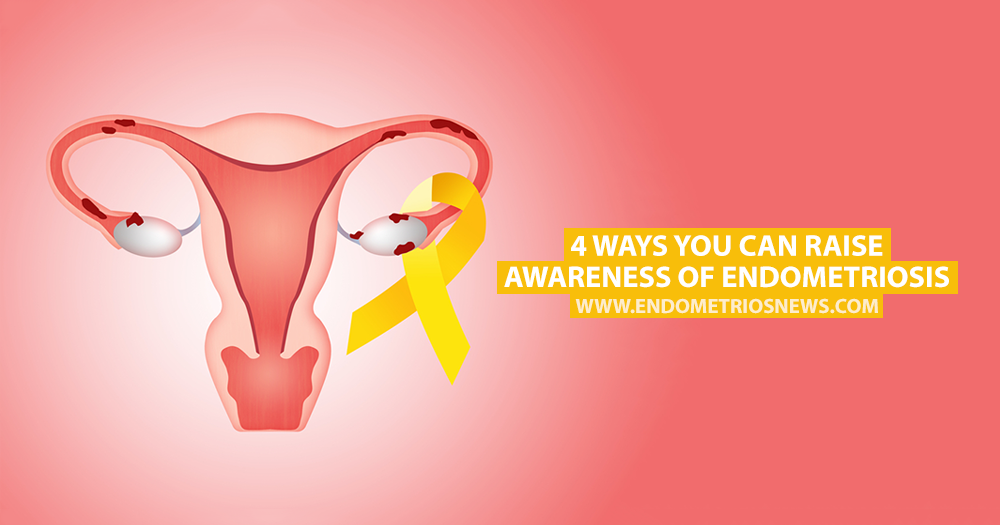Endometriosis is a disease that affects more than 176 million women worldwide, however, most still know little about the disease. Before being diagnosed, many women who suffer from symptoms of endometriosis, believe that the pain is just very bad period cramps, which can delay diagnosis for quite some time.
To help spread awareness, we’ve put together a few ways you can help:
Educate yourself (and others)
With more knowledge comes more chances of improving the life of someone with endometriosis. Some younger women (and even some adults) find talking about menstruation and everything associated with it awkward and uncomfortable. Help educate as many women as you can about this disease so they’ll know when to seek medical advice.
This past March (which was Endometriosis Awareness Month), the Center for Endometriosis Care and EndoWhat? launched an initiative to educate school nurses and students and to raise awareness of the condition across the U.S.
MORE: Educational programs on menstrual health in schools improves awareness of endometriosis, study shows
Get outside
For the past four years, there’s been an annual worldwide peaceful march to raise awareness of this disease. Marches happen in many countries, including five in the U.S. The next one will be on March 24, 2018. Click here to find the one closest to you.
Share your story
Never underestimate the power of your story. Your experiences can make someone feel validated and supported, help them feel less alone, and provide new information for someone that didn’t know much (or anything) about endometriosis. It can also help educate the world about what women with this disease go through in their daily lives.
Use social media
Share what you can on your social media accounts. Share information about events happening in your community, but also share general information about endometriosis. You never know who might be listening. Need some ideas? This World Endometriosis Society video or this article in the Guardian might help.
Reach out to your country’s endometriosis organizations for more ways you can help.
MORE: Endometriosis resources that can help you
Endometriosis News is strictly a news and information website about the disease. It does not provide medical advice, diagnosis, or treatment. This content is not intended to be a substitute for professional medical advice, diagnosis, or treatment. Always seek the advice of your physician or other qualified health provider with any questions you may have regarding a medical condition. Never disregard professional medical advice or delay in seeking it because of something you have read on this website.

